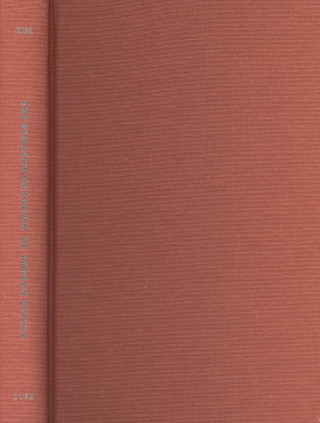
Kód: 04937935
Remasculinization of Korean Cinema
Autor Kyung Hyun Kim
In one of the first English-language studies of Korean cinema to date, Kyung Hyun Kim shows how the New Korean Cinema of the past two decades has used the trope of masculinity to mirror the profound socio-political changes underwa ... celý popis
- Jazyk:
 Angličtina
Angličtina - Vazba: Pevná
- Počet stran: 344
Nakladatelství: Duke University Press, 2004
- Více informací o knize

3556 Kč
Dostupnost:
50 % šance Máme informaci, že by titul mohl být dostupný. Na základě vaší objednávky se ho pokusíme do 6 týdnů zajistit.
Máme informaci, že by titul mohl být dostupný. Na základě vaší objednávky se ho pokusíme do 6 týdnů zajistit.Prohledáme celý svět
Mohlo by se vám také líbit
-

Spain and the Independence of Colombia, 1808-1825
3294 Kč -

DNA Sequencing Protocols
3289 Kč -

Kaufman Speech Praxis Test for Children
931 Kč -

Recent Advances in Experimental Designs & Related Topics
3938 Kč -

Collector's Guide to Cartoon & Promotional Drinking Glasses
573 Kč -

Die Maya - Götter im Regenwald, 1 DVD
217 Kč
Dárkový poukaz: Radost zaručena
- Darujte poukaz v libovolné hodnotě a my se postaráme o zbytek.
- Poukaz se vztahuje na celou naši nabídku.
- Elektronický poukaz vytisknete z e-mailu a můžete ihned darovat.
- Platnost poukazu je 12 měsíců od data vystavení.
Informovat o naskladnění knihy
Zadejte do formuláře e-mailovou adresu a jakmile knihu naskladníme, zašleme vám o tom zprávu. Pohlídáme vše za vás.
Více informací o knize Remasculinization of Korean Cinema
Nákupem získáte 356 bodů
 Anotace knihy
Anotace knihy
In one of the first English-language studies of Korean cinema to date, Kyung Hyun Kim shows how the New Korean Cinema of the past two decades has used the trope of masculinity to mirror the profound socio-political changes underway in Korea. Since 1980, the country has transformed from an insular, authoritarian culture into a democratic and cosmopolitan society. The transition has fueled anxiety about male identity and, as Kim shows, amid this tension, empowerment has been imagined as remasculinization. He argues that the brutality and violence ubiquitous in many Korean films is symptomatic of Korea's ongoing quest for modernity and a post-authoritarian identity. Kim offers in-depth examinations of more than a dozen of the most representative films produced in Korea between roughly 1980 and 2001. In the process, he draws on the theories of Jacques Lacan, Slavoj Zizek, Gilles Deleuze, Rey Chow, and Kaja Silverman to follow the historical trajectory of screen representations of Korean men from self-loathing beings who desire to be controlled to self-sufficient subjects capable of destroying others. He discusses a range of movies from arthouse films including To the Starry Island (1993) and The Day a Pig Fell into the Well (1996) to higher-grossing, popular films like Whale Hunting (1984) and Shiri (1999). He considers the work of several Korean auteurs--Park Kwang-su, Jung Sun-woo, and Hong Sang-su. Kim argues that Korean cinema must begin to imagine gender relations that defy the contradictions of sexual repression in order to move beyond such binary struggles as those between the traditional and the modern or the traumatic and the post-traumatic.
 Parametry knihy
Parametry knihy
Zařazení knihy Knihy v angličtině Society & social sciences Society & culture: general Social groups
3556 Kč
- Plný název: Remasculinization of Korean Cinema
- Autor: Kyung Hyun Kim
- Jazyk:
 Angličtina
Angličtina - Vazba: Pevná
- Počet stran: 344
- EAN: 9780822332787
- ISBN: 0822332787
- ID: 04937935
- Nakladatelství: Duke University Press
- Hmotnost: 671 g
- Rozměry: 235 × 154 × 27 mm
- Datum vydání: 08. March 2004
Oblíbené z jiného soudku
-

Women Who Run with the Wolves
224 Kč -

Freedom Writers Diary
389 Kč -

Think Like a Monk
283 Kč -

Orientalism
323 Kč -

How Europe Underdeveloped Africa
514 Kč -

Desert Flower
276 Kč -

Why Does He Do That?
433 Kč -

Letters to a Young Muslim
303 Kč -

Eros and Mysteries of Love
423 Kč -

Life After Darkness
566 Kč -

Puer Tea
947 Kč -
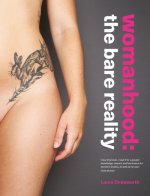
Womanhood
543 Kč -

JFK - 9/11
738 Kč -

Complete Book of Pilates for Men
463 Kč -

Colloquial Yiddish
1682 Kč -

Gypsy Identities 1500-2000
1666 Kč -

Sword of No-sword
692 Kč -
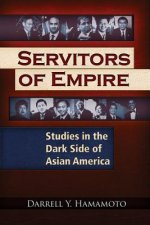
Servitors of Empire
498 Kč -

Gerotranscendence
3524 Kč -

Northwest Coast Indian Art
753 Kč -

Qur'an
811 Kč -
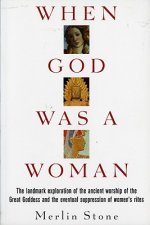
When God Was A Woman
493 Kč -

The Mastery of Love
309 Kč -

Vintage Menswear
456 Kč -

Who Cooked the Last Supper?
427 Kč -

Women Who Run With The Wolves
433 Kč -
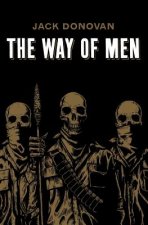
The Way of Men
342 Kč -

The Autobiography of Malcolm X
227 Kč -

Second Sex
284 Kč -

Goddesses in Everywoman
303 Kč -

Talking with Female Serial Killers - A chilling study of the most evil women in the world
276 Kč -

Intellectuals and Society
558 Kč -
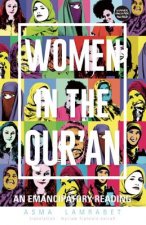
Women in the Qur'an
480 Kč -

Erotic Bondage Book
364 Kč -
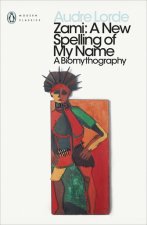
Zami
290 Kč -

Nine Years among the Indians, 1870-1879
615 Kč -

Dark Emu
410 Kč -
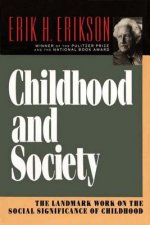
Childhood and Society
400 Kč -

Happy City
302 Kč -
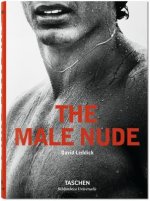
The Male Nude
505 Kč -
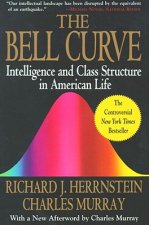
The Bell Curve
463 Kč -
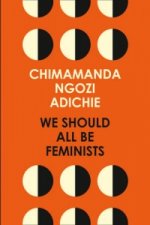
We Should All Be Feminists
196 Kč -

Empire of the Summer Moon
357 Kč -

Radium Girls
276 Kč -

Dance of Anger
276 Kč -

Beauty Myth
357 Kč -

Muqaddimah
540 Kč -

TROUBLEMAKER
381 Kč -
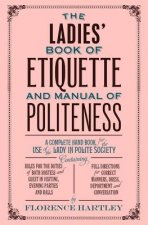
Ladies' Book of Etiquette and Manual of Politeness
382 Kč
Osobní odběr Praha, Brno a 12903 dalších
Copyright ©2008-24 nejlevnejsi-knihy.cz Všechna práva vyhrazenaSoukromíCookies


 Vrácení do měsíce
Vrácení do měsíce 571 999 099 (8-15.30h)
571 999 099 (8-15.30h)